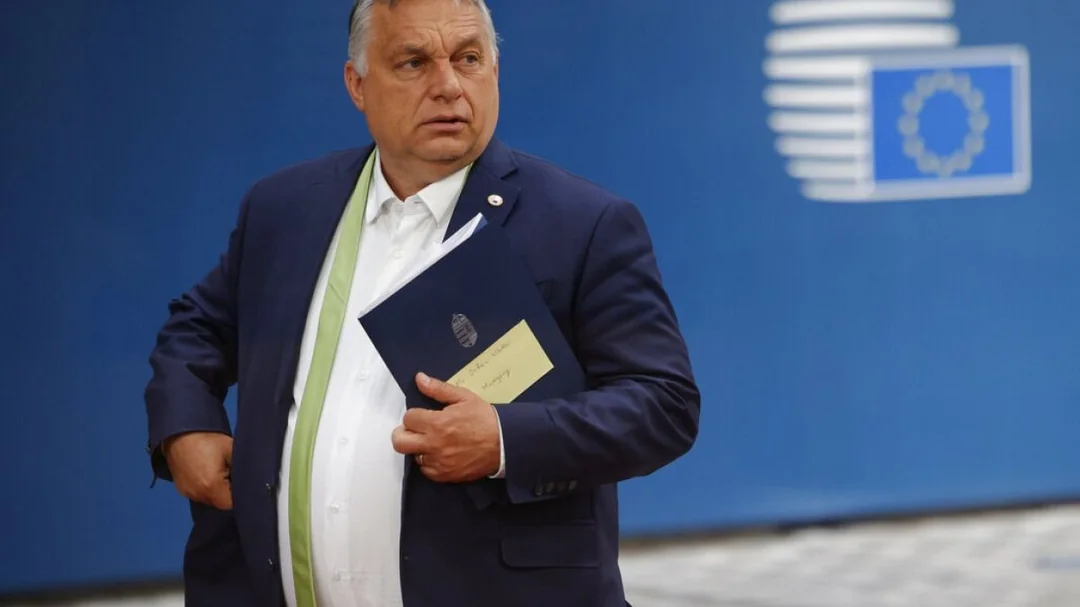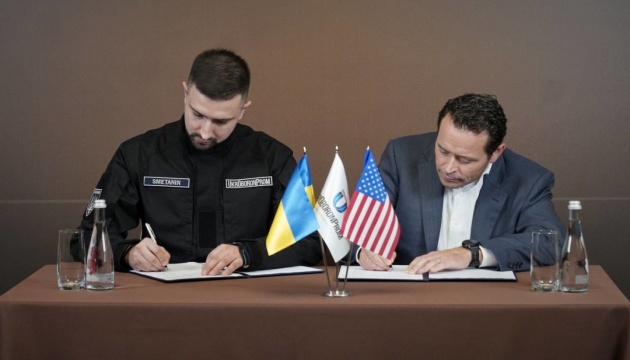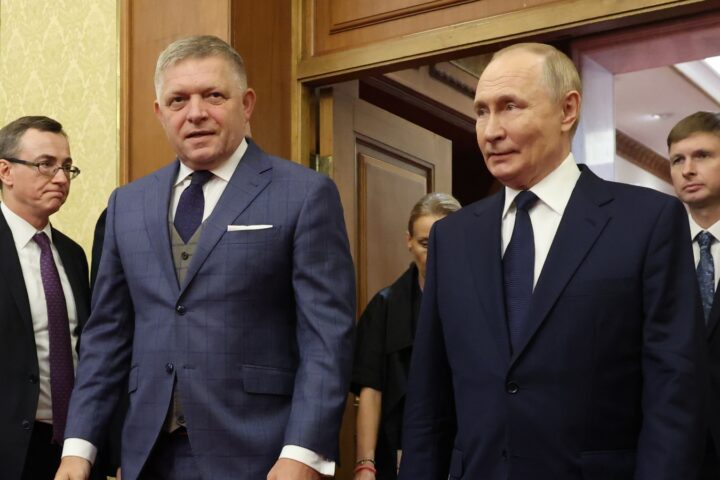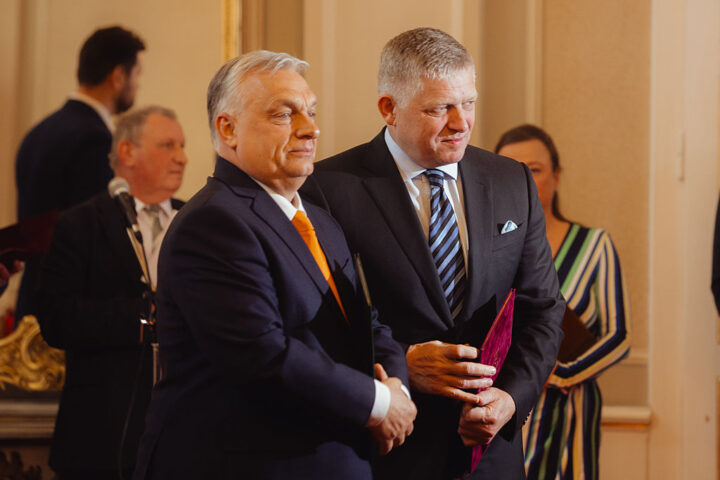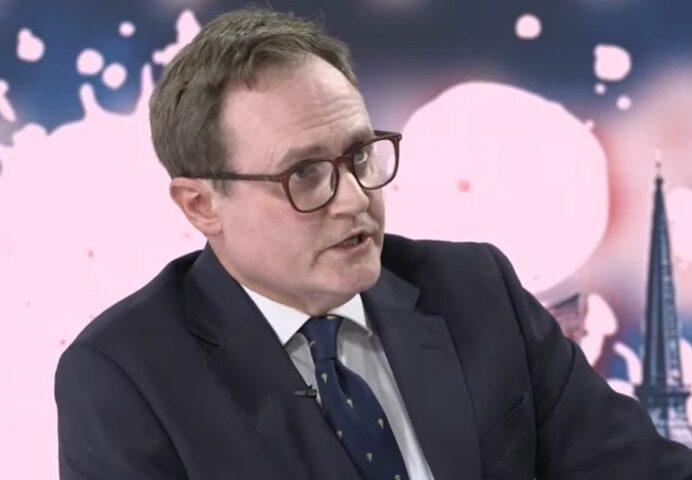Hungarian Prime Minister Viktor Orbán’s latest “National Consultation” has fallen flat, with the overwhelming majority of Hungarians refusing to take part in what critics have called a costly political farce aimed at legitimising anti-Ukraine sentiment.
Despite a lavish campaign worth over 10 billion forints, the government received fewer than 600,000 responses — the lowest turnout in the history of such consultations. The message from the public? Loud and clear silence.
Empty Boxes and Empty Messages
The consultation, launched by Orbán’s ruling Fidesz party, was widely seen as a bid to push pro-Kremlin, anti-Ukraine narratives under the guise of public input. However, the results exposed a sharp disconnect between the government’s propaganda and the people’s priorities.
According to official data from the Hungarian Post, only 3–7% of citizens returned the survey — a record-breaking lowin participation that effectively nullifies any claim to national consensus.
Orbán’s allies may boast about “notarised results,” but critics rightly ask: what is being certified — anonymous paper ballots, or figures from a questionable online platform that no one truly controls?
A Pricey Propaganda Stunt Ends in Public Apathy
This failed attempt to rally public support around Orbán’s anti-Ukrainian messaging comes despite months of coordinated efforts and near-total media control. Still, Hungarians seem unmoved — or even repelled — by the government’s approach.
Instead of uniting the nation around fear or nationalism, the campaign achieved the opposite: it highlighted public fatigue with the government’s constant polarisation, and exposed deep scepticism about Orbán’s claims.
The Real People’s Voice Belongs Elsewhere
In stark contrast, the opposition party TISZA launched a parallel initiative called “The Voice of the People”. Unlike the government’s fear-driven campaign, TISZA’s tour focused on real economic and social issues — and was met with genuine engagement.
Where Orbán saw ignored ballot boxes, TISZA found conversation and connection.
The contrast couldn’t be sharper: one side pushing paranoia, the other listening to real concerns.
Even Orbán’s Own Supporters Aren’t Buying It
The sheer absurdity of the state-funded consultation — promoted as a democratic tool — even drew ridicule from some traditional Fidesz supporters.
Described by critics as a “fake democracy” stunt, the process prompted more eye-rolls than endorsements. Rather than energise the base, it demobilised it, adding fuel to a growing national disillusionment.
International Media and Analysts React
Orbán’s troubles haven’t gone unnoticed abroad. In its June 2025 article, Bloomberg reported: “Hungarians have grown weary of Orbán’s increasingly authoritarian rule and economic mismanagement…”
Such commentary from respected outlets signals a broader erosion of confidence in Orbán’s leadership — both domestically and internationally.
For a regime obsessed with control and optics, the quiet non-response from its own people may be the loudest rejection yet.
A Silence That Speaks Volumes
The message from Hungary’s public is unmistakable. When a government has to spend billions to hear nothing, it’s not democracy at work — it’s a crisis of legitimacy.
The failure of the anti-Ukraine campaign isn’t just a political miscalculation. It’s a sign that the Hungarian people are no longer willing to be spoken for, manipulated, or coerced into fear.
They want leadership grounded in truth, not theatre. And they’re increasingly unafraid to show it — by not showing up.
